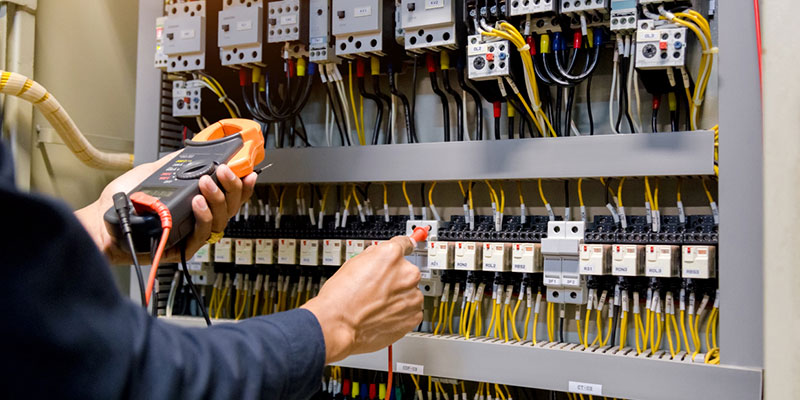Here at Electric Power Systems, we want to help you make your business operation the best it can be, and if you run a factory or manufacturing facility, this usually includes helping you take care of your switchgear. Your switchgear is an essential component of your overall system that helps protect and isolate your equipment, as well as control the various components. Most switchgear is designed to last for up to 25 years, but not all make it that long without developing problems along the way. In this article, our team will go over some signs that it’s time to replace your aging switchgear for a newer model.

- High Maintenance Costs and Limited Parts Availability. One sign that it’s getting to be time to replace your existing switchgear is climbing maintenance costs, which often combine with a dwindling supply of spare parts for repairs. If your switchgear is breaking down frequently, it’s probably a better investment in the long run to just replace it with a new system–not only will you be able to find the parts you need more easily, you’ll also be able to run your equipment without constant interruption.
- Significant Wear and Tear. Even if your switchgear seems to be running fine, we at Electric Power Systems recommend that you periodically inspect it for signs of wear and tear. No component lasts forever, and what looks like it’s working now may quickly start to deteriorate. If your switchgear looks visibly old or worn out, it’s probably safest to your bottom line and for your employees to replace it now, before serious problems arise.
- Interruptions to Critical Processes . Lastly, if you find that a problem with your switchgear is interrupting, delaying, or otherwise interfering with one or more of your operation’s critical process, we at Electric Power Systems recommend that you get it replaced. Doing so will allow you to get back to work as soon as possible and keep your routine going without issue.
